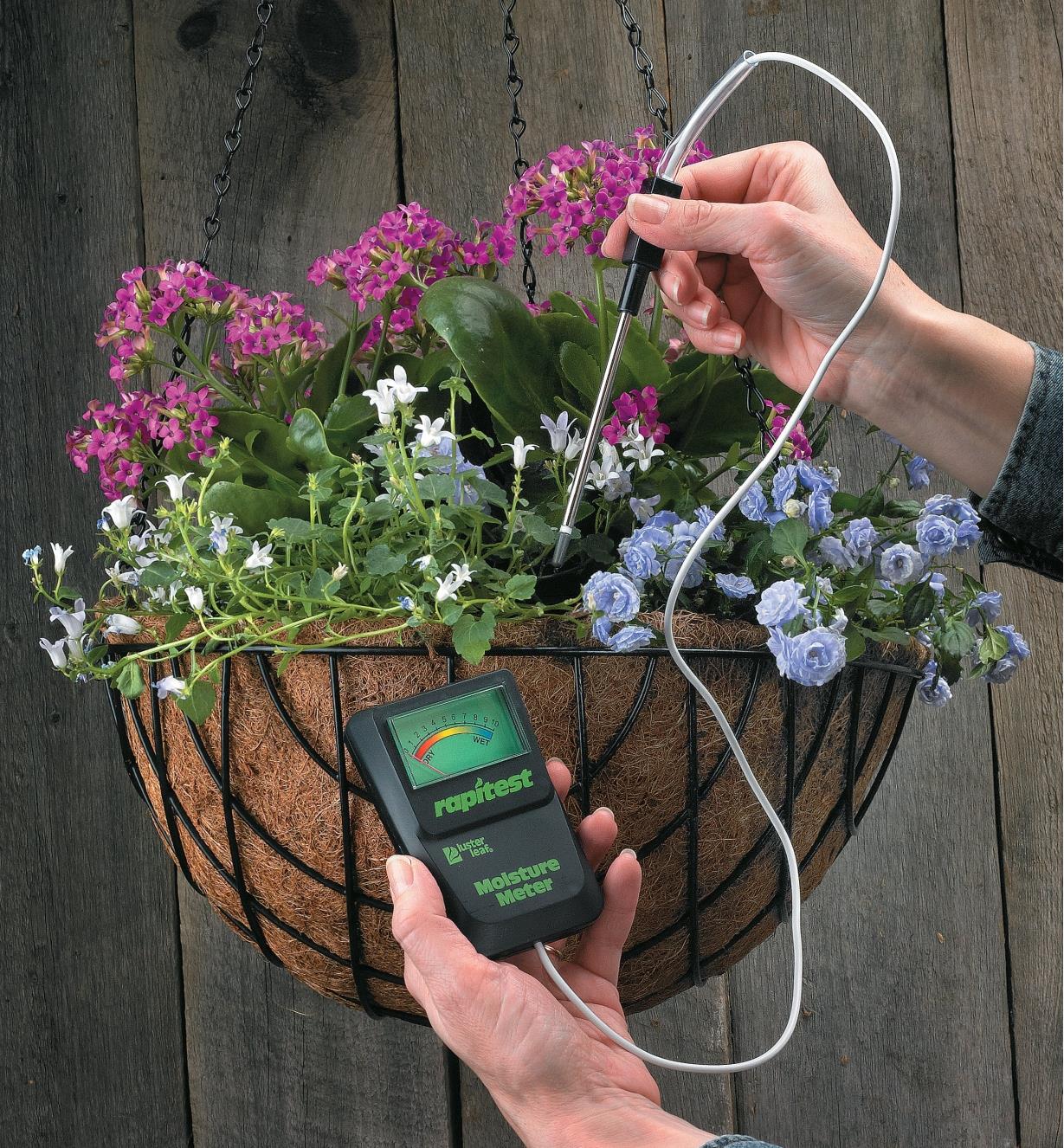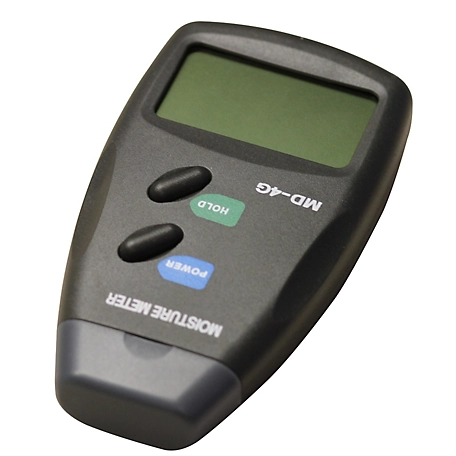Just how to Make Use Of a Moisture Meter to Detect Hidden Water Damage in Your Property
Just how to Make Use Of a Moisture Meter to Detect Hidden Water Damage in Your Property
Blog Article
The Ultimate Overview to Moisture Meters: A Comprehensive Summary and How They Can Save You Cash
In the world of building maintenance, construction, and numerous sectors, the value of precisely measuring dampness degrees can not be overstated. Moisture meters work as vital tools in spotting and monitoring moisture web content in materials, aiding in protecting against pricey problems and making sure the high quality of products. Recognizing the nuances of various kinds of moisture meters, their applications, and the possible cost-saving benefits they supply can be a game-changer for organizations and experts alike. Discovering just how these gadgets can not just enhance processes however also add to financial cost savings is a journey worth getting started on.
Types of Moisture Meters
Numerous sorts of dampness meters are available for various applications in various markets. One usual type is the pin-type dampness meter, which measures the electrical resistance in between two pins placed right into a material. This kind appropriates for wood, drywall, and various other structure materials. Pinless wetness meters, on the various other hand, use electro-magnetic sensing unit plates to check a bigger area without creating damage to the material's surface area. These meters are perfect for swiftly assessing wetness degrees in huge areas such as floorings and wall surfaces.
Infrared dampness meters gauge the thermal residential properties of a product to identify its moisture content non-invasively, making them valuable for applications where pin or pinless meters might not be appropriate. Comprehending the different kinds of dampness meters offered can help industries pick the most ideal device for their certain moisture measurement demands.

Benefits of Making Use Of Moisture Meters

Moreover, utilizing wetness meters can lead to enhanced energy efficiency. In farming setups, wetness meters play a vital function in optimizing crop returns by making it possible for farmers to keep an eye on soil moisture degrees and make educated irrigation decisions.
How to Pick the Right Moisture Meter
Choosing the suitable moisture meter entails thinking about essential factors such as product compatibility, measurement range, and calibration precision. When selecting a moisture meter, it's necessary to make certain that the meter is appropriate for the particular product you will certainly be testing. Various materials have differing electrical properties that can influence wetness analyses, so choosing a meter designed for your product is essential for exact results. In addition, think about the dimension series of the dampness meter. Guarantee that the meter can detect wetness levels within the variety needed for your applications. Calibration accuracy is one more crucial aspect to keep in mind (Moisture Meter). Choose a moisture meter with trustworthy calibration to guarantee specific and consistent readings. Some meters might call for periodic calibration modifications, so recognizing the calibration process is necessary. By carefully examining these variables, you can choose a wetness meter that meets your needs and supplies exact moisture measurements check out here for your jobs.
Correct Methods for Moisture Meter Use
To make certain accurate moisture readings and optimize the performance of a moisture meter, employing appropriate methods is crucial. When using a pin-type moisture meter, insert the pins or probes into the material being checked up until they make complete call. Make certain the pins are vertical to the surface area to obtain one of the most precise reading. For pinless moisture meters, hold the device flat against the product and relocate gradually to cover the whole location for an ordinary analysis. It's critical to adjust the dampness meter according to the product being examined to improve precision. Take several analyses across the surface and average them out for a more dependable result. Additionally, ensure that the product being examined is accommodated to the setting to protect against manipulated readings. Regular maintenance of the dampness meter, such as cleansing the pins or click for more sensor, is also vital to ensure regular and exact analyses. By adhering to these appropriate techniques, individuals can depend on their moisture meter to give credible moisture degrees, helping in avoiding costly damages or making sure quality in different applications.

Price Cost Savings Through Moisture Meter Applications
Just how can the tactical application of wetness meters bring about considerable price savings throughout various markets? Moisture meters hop over to these guys play a vital role in expense financial savings by avoiding possible damages and guaranteeing quality assurance in different markets. In the farming industry, wetness meters help in determining the ideal time for collecting plants, avoiding excess or over-drying dampness that can impact the end product's top quality. This precise tracking assists farmers stay clear of unnecessary losses and maximize their yield.

Furthermore, in the food processing industry, moisture meters are essential for keeping track of product quality and guaranteeing compliance with safety policies. By accurately measuring moisture content in foodstuff, makers can stop putridity, keep freshness, and minimize waste, leading to significant price financial savings. Generally, the calculated application of wetness meters is an important investment that can lead to significant price reductions and improved efficiency throughout different industries.
Verdict
In conclusion, dampness meters are valuable tools for gauging and spotting wetness degrees in various materials. By making use of the right wetness meter and adhering to proper methods, customers can effectively avoid pricey problems caused by excess wetness.
Wetness meters offer as indispensable tools in finding and monitoring moisture content in materials, helping in protecting against costly damages and guaranteeing the high quality of items. Infrared dampness meters gauge the thermal residential or commercial properties of a material to identify its wetness material non-invasively, making them valuable for applications where pin or pinless meters might not be ideal.Dampness meters offer important advantages in accurately keeping an eye on and examining wetness degrees in varied materials and atmospheres. In agricultural settings, moisture meters play an essential role in optimizing plant yields by allowing farmers to keep track of soil moisture degrees and make educated watering decisions.In final thought, dampness meters are beneficial devices for detecting and measuring dampness levels in various materials.
Report this page